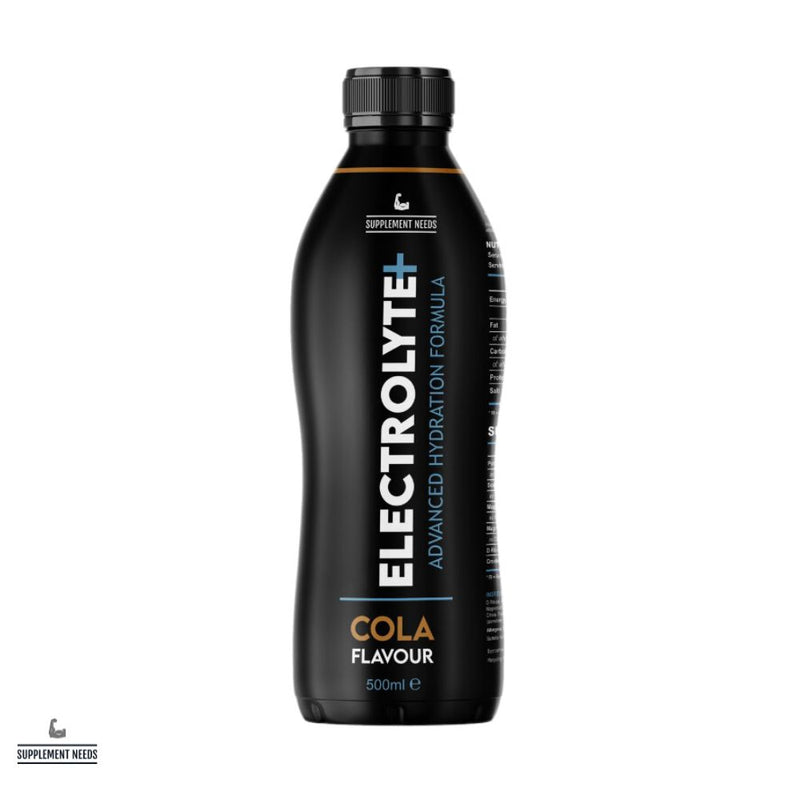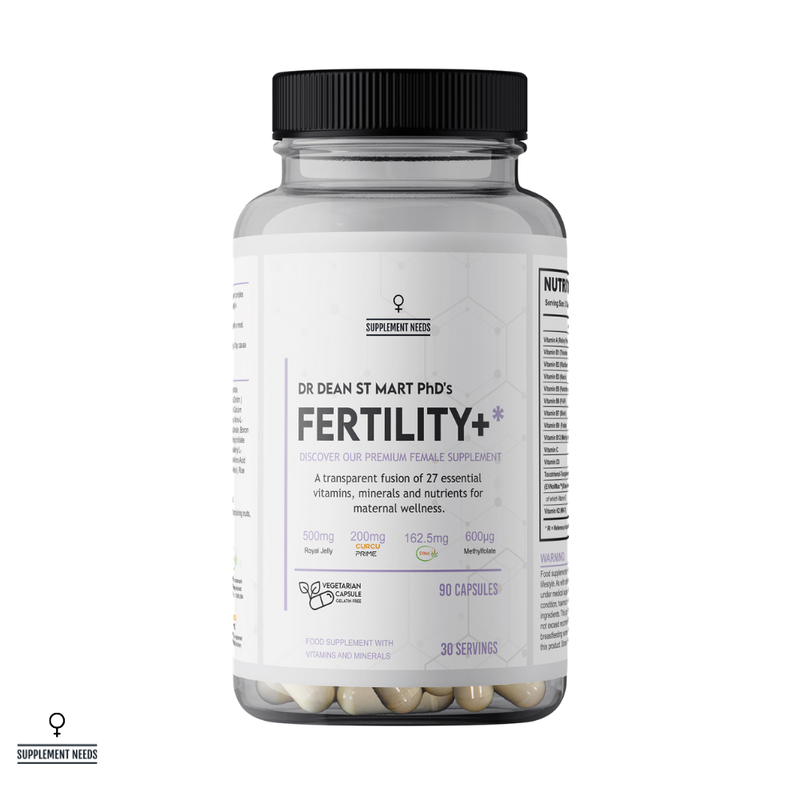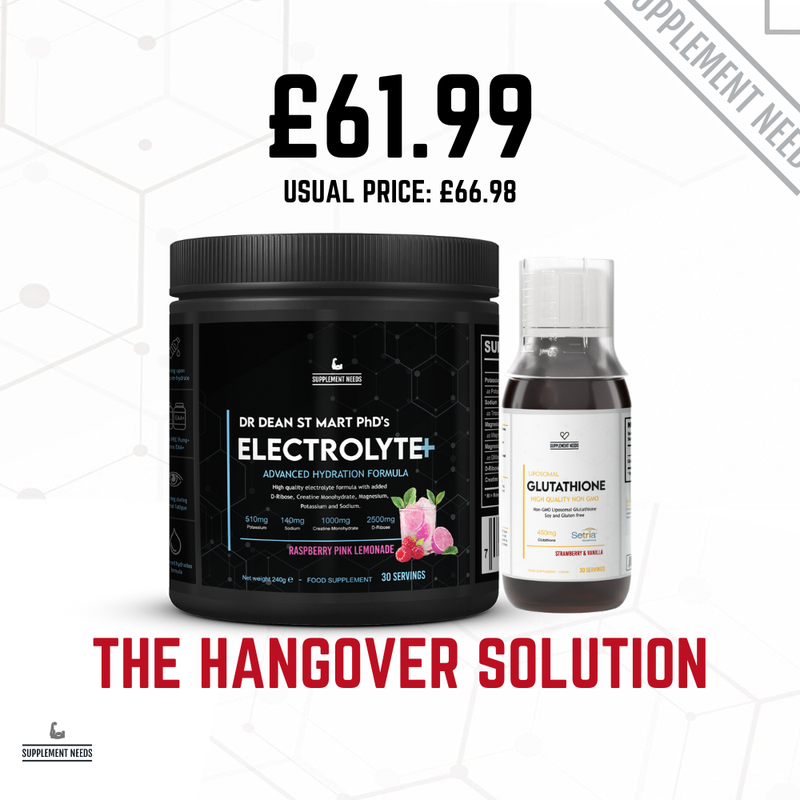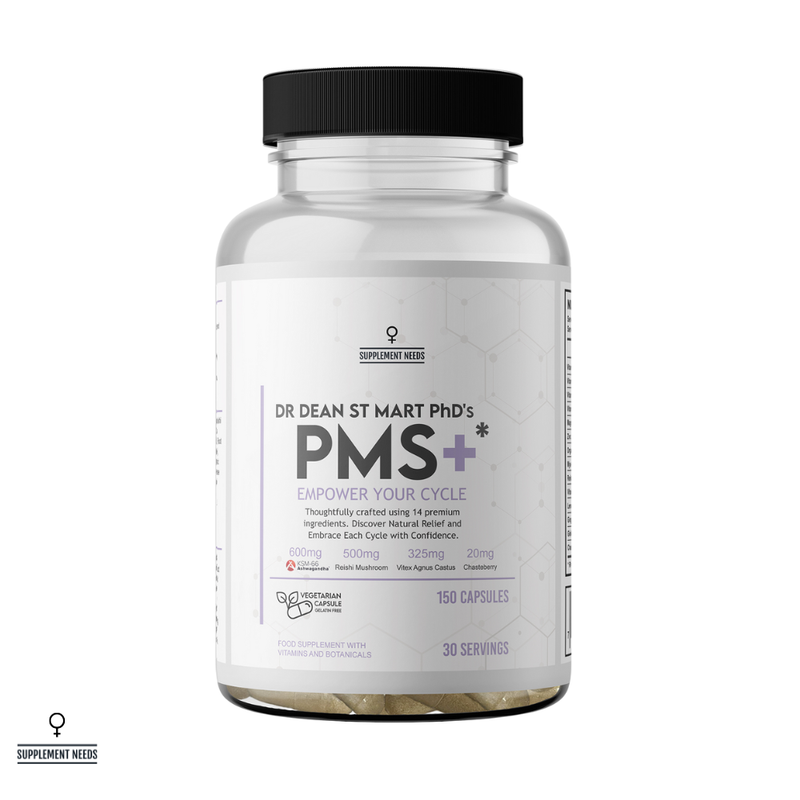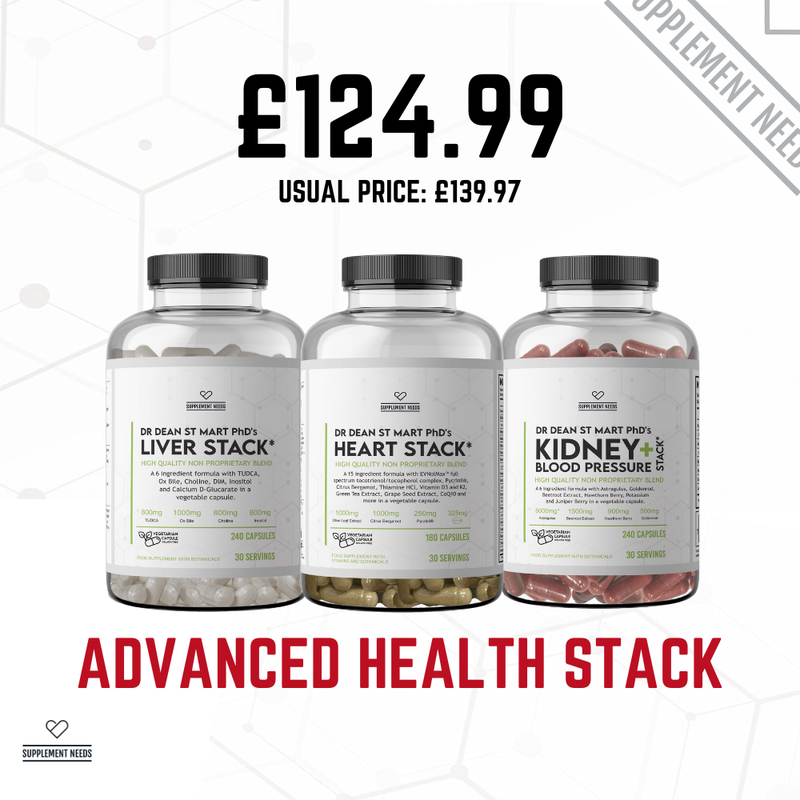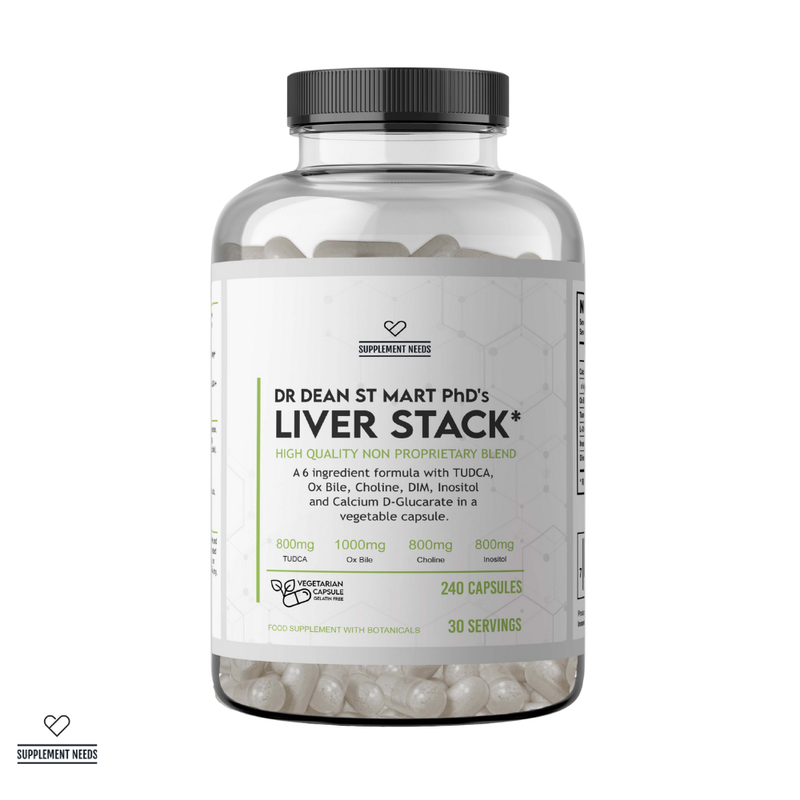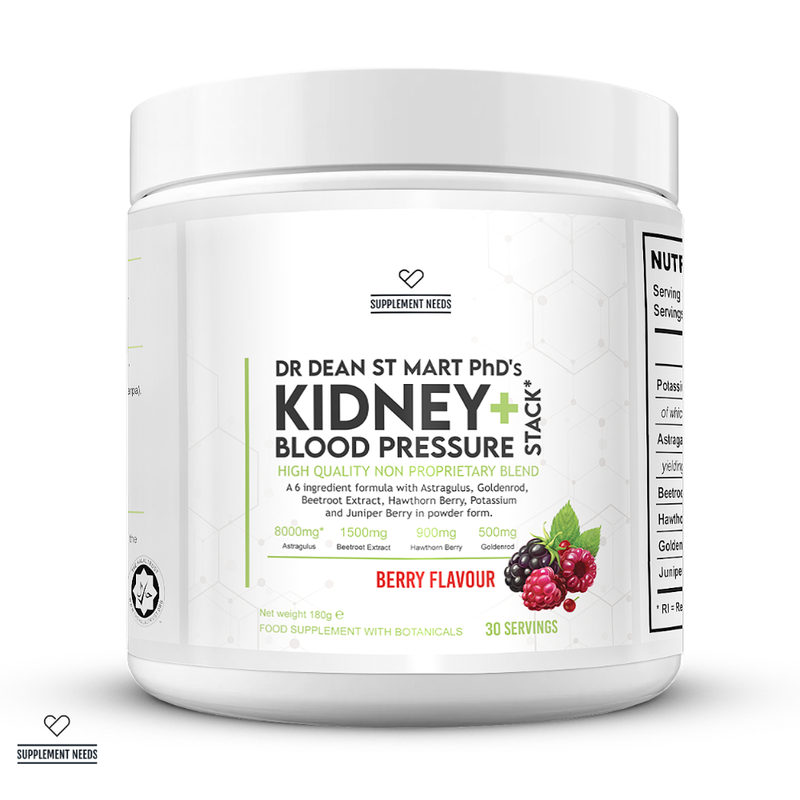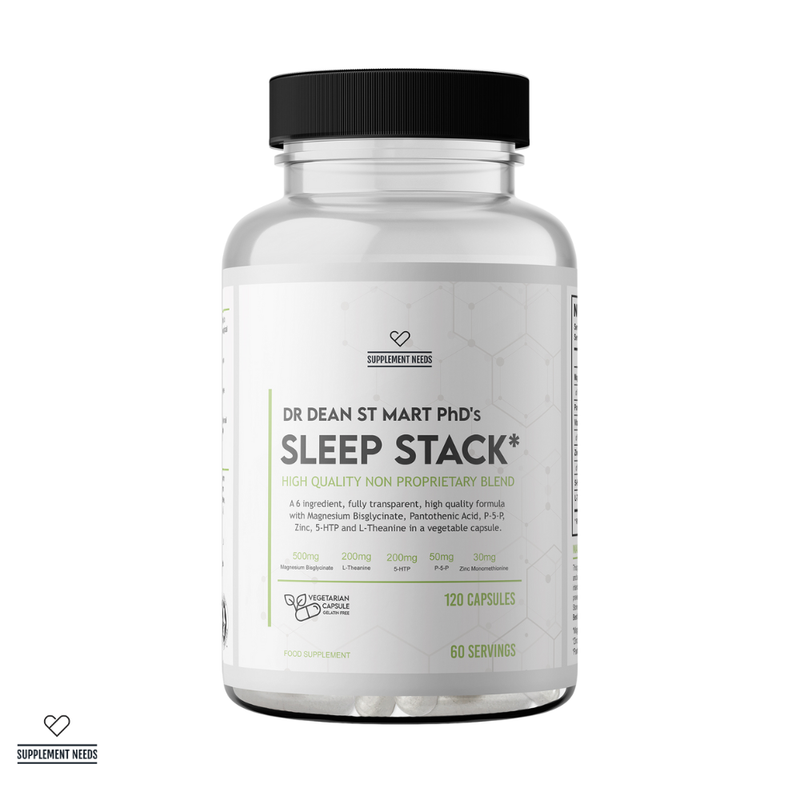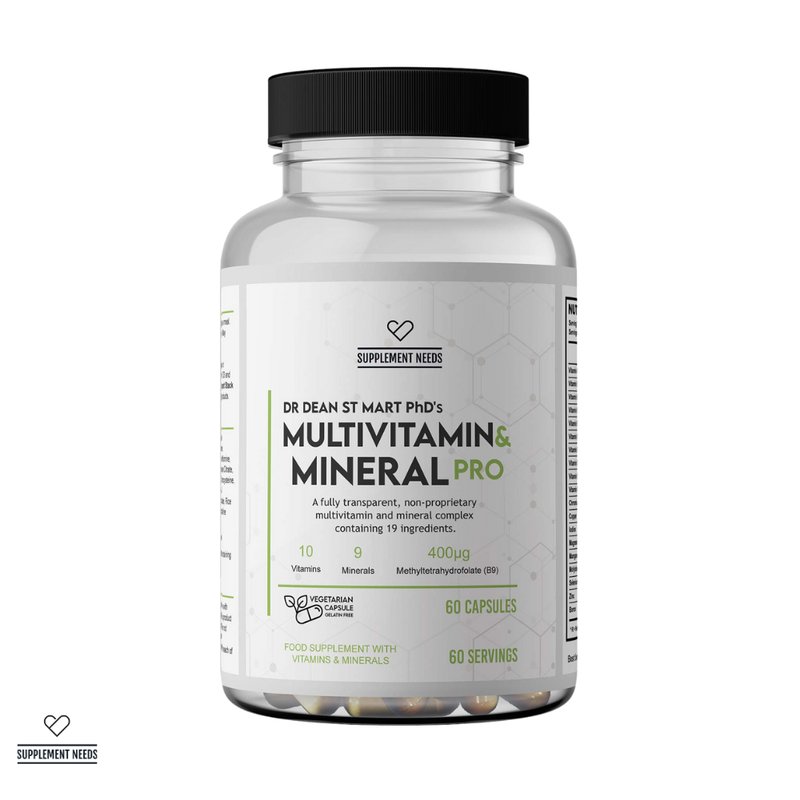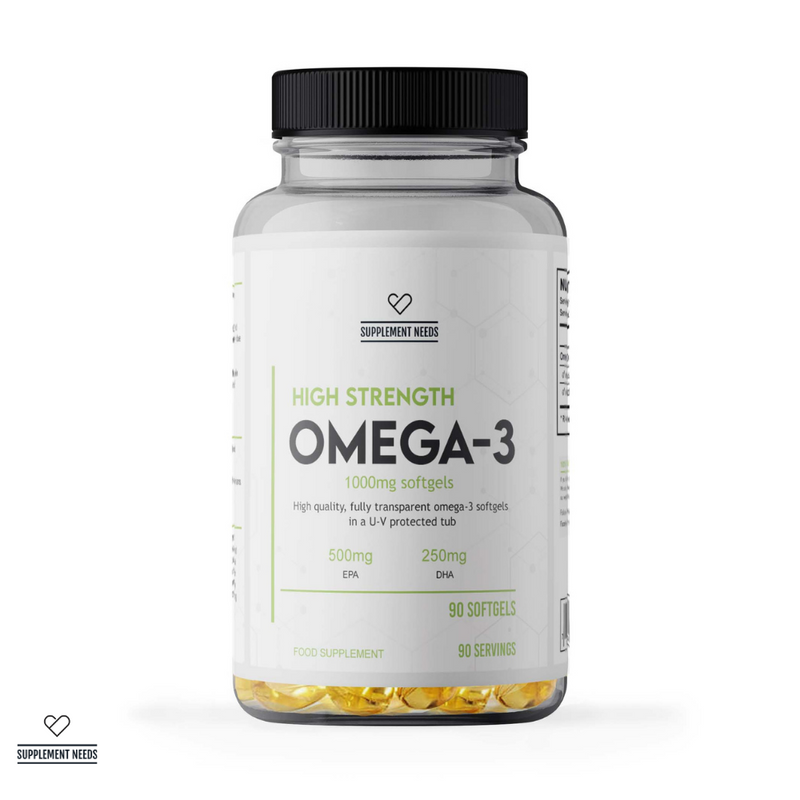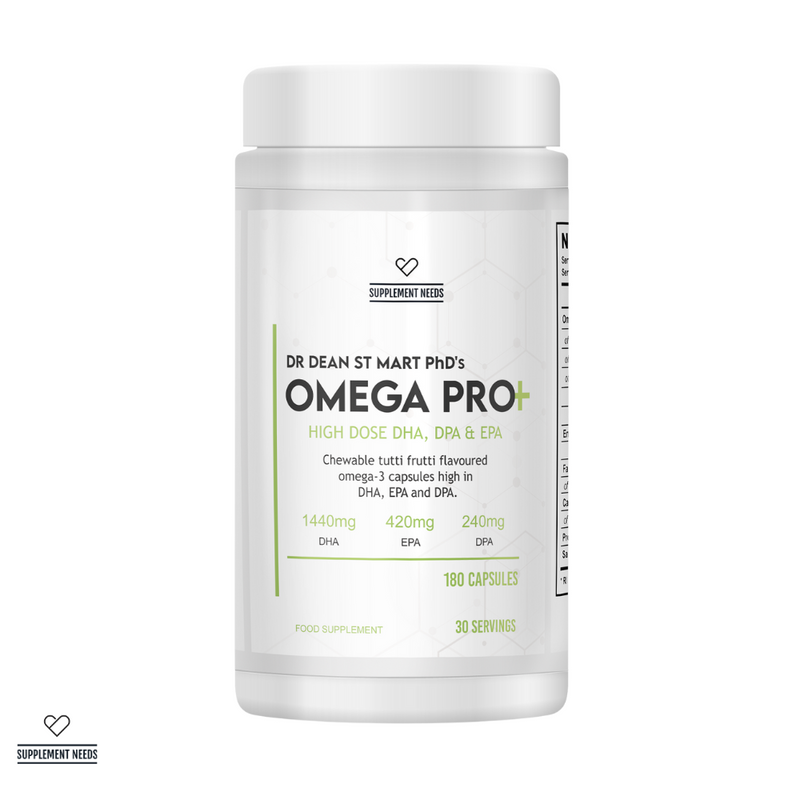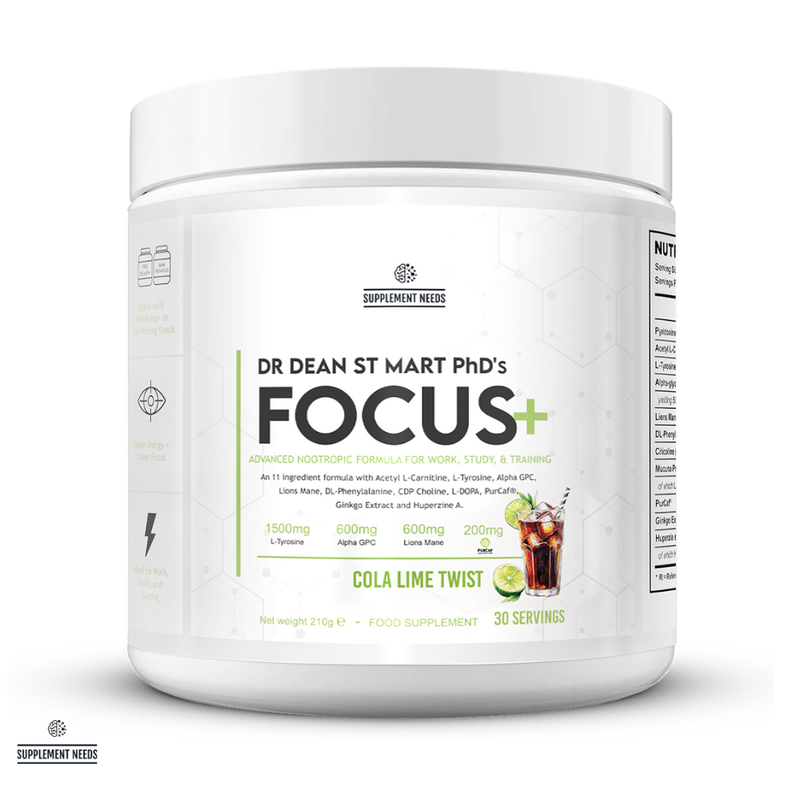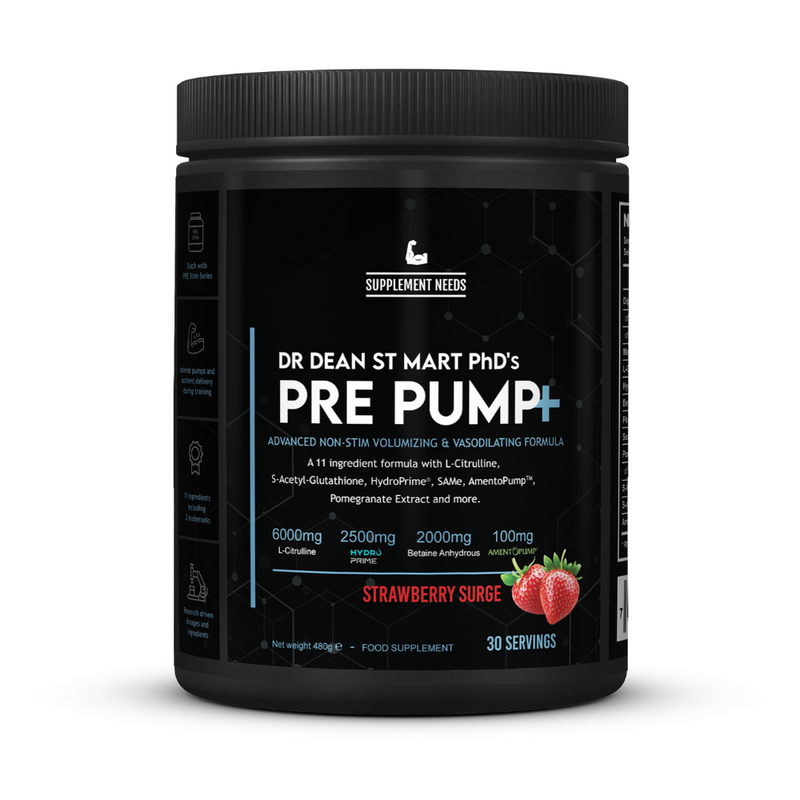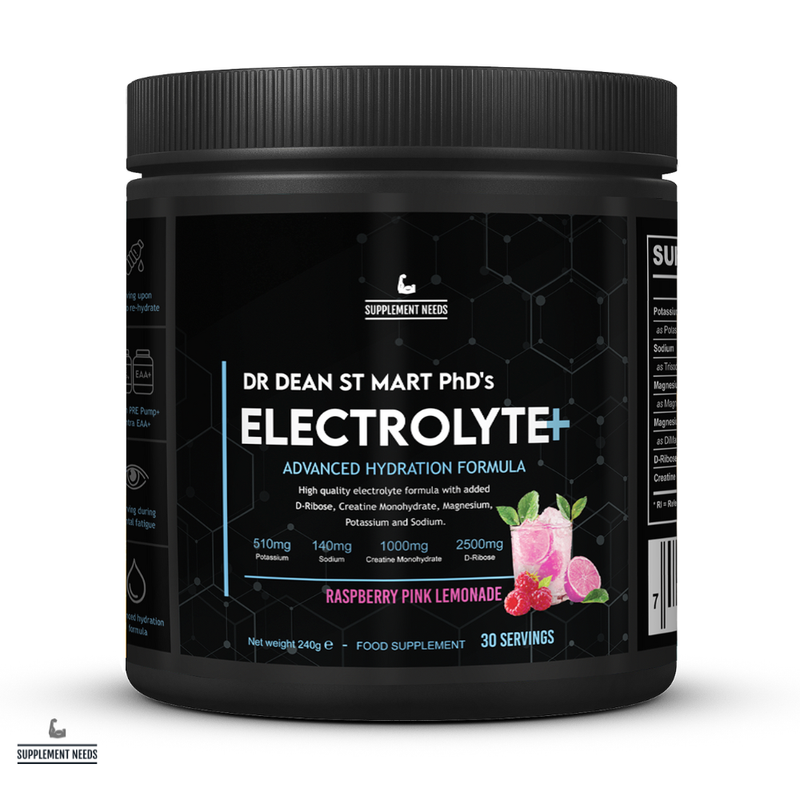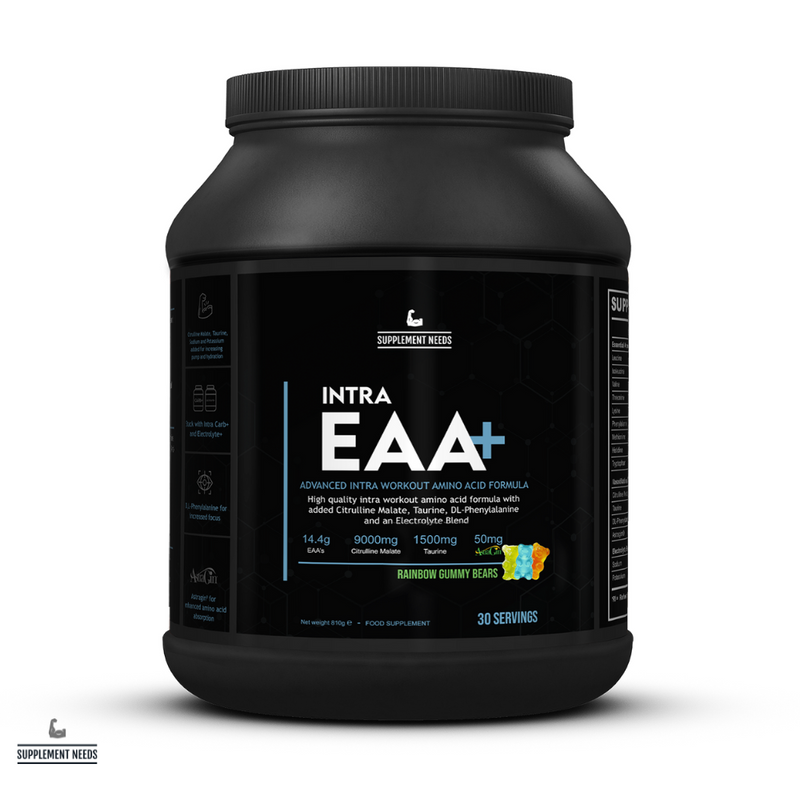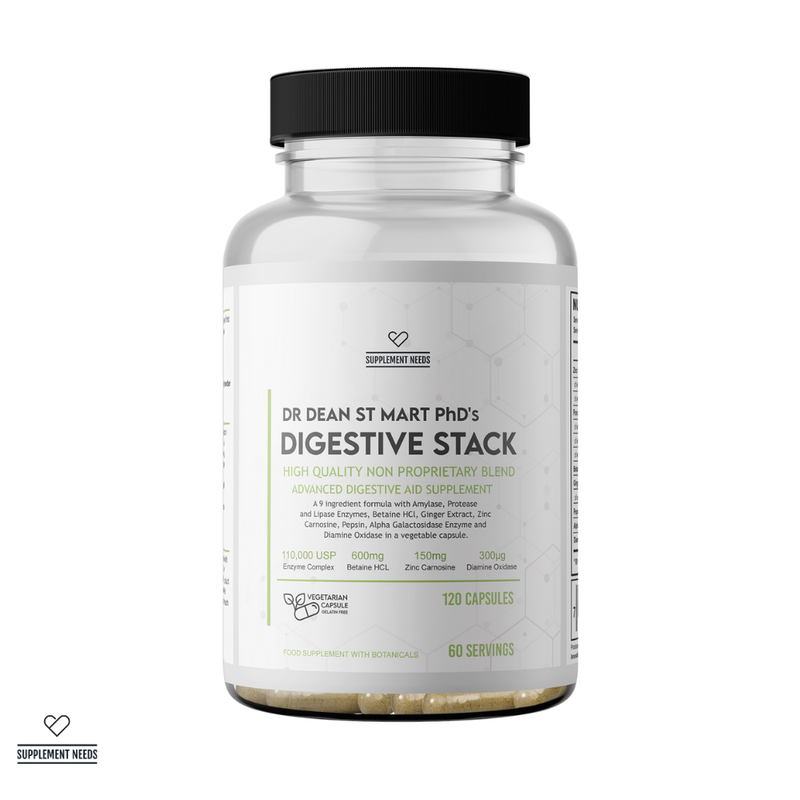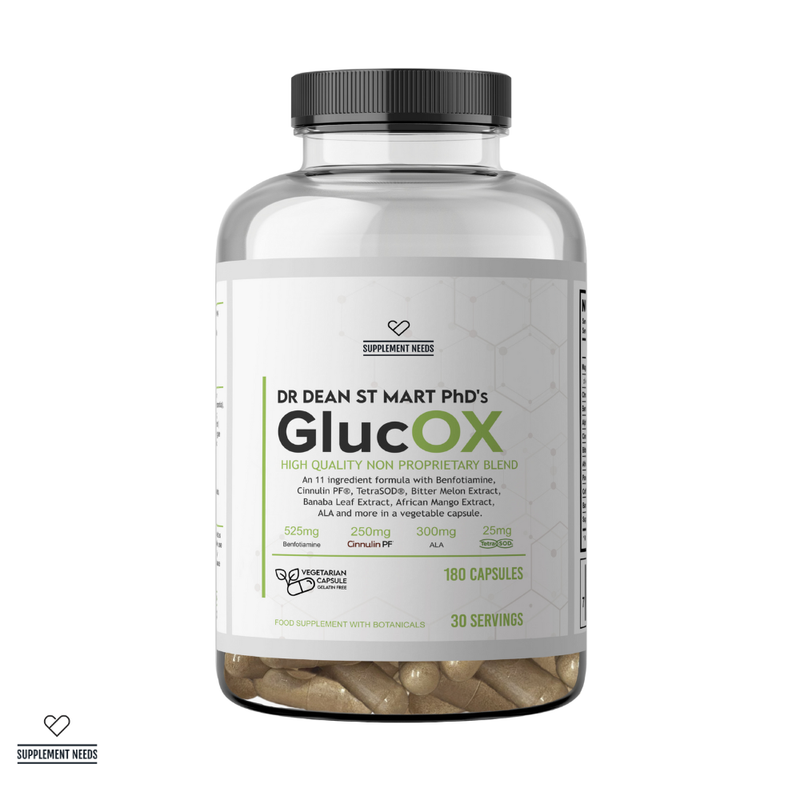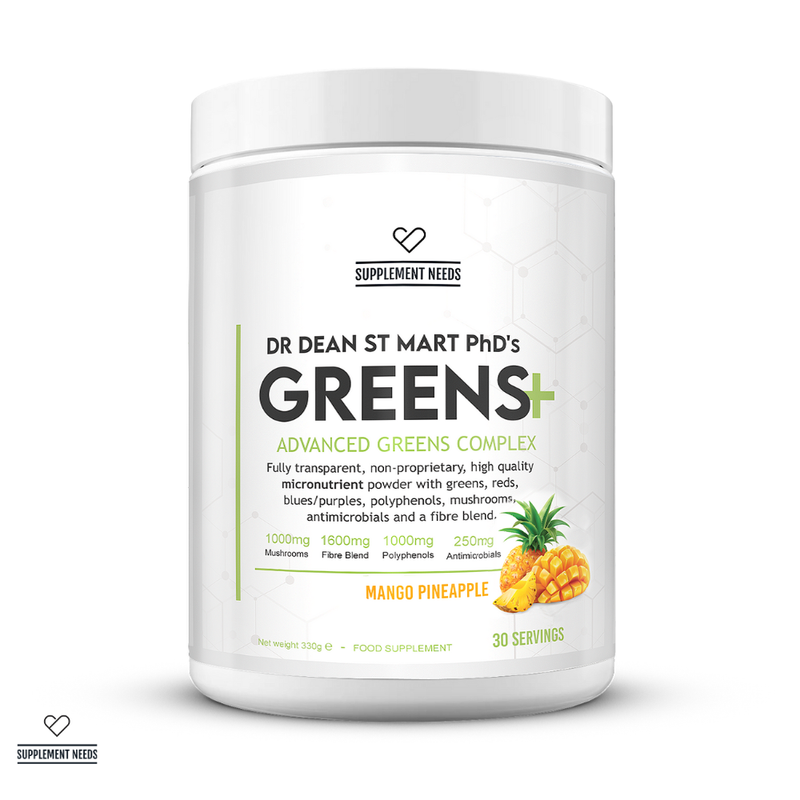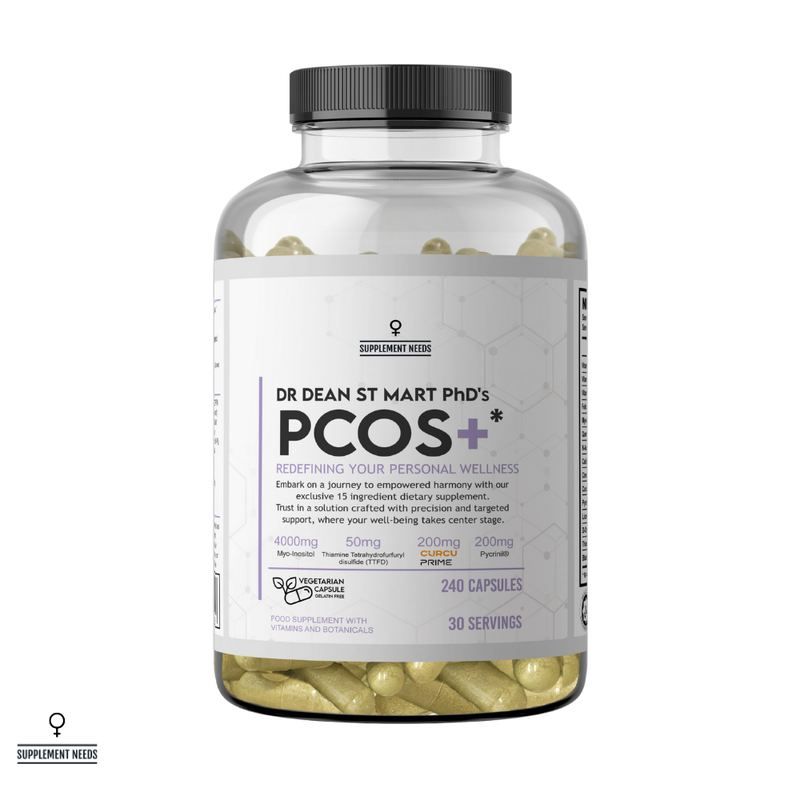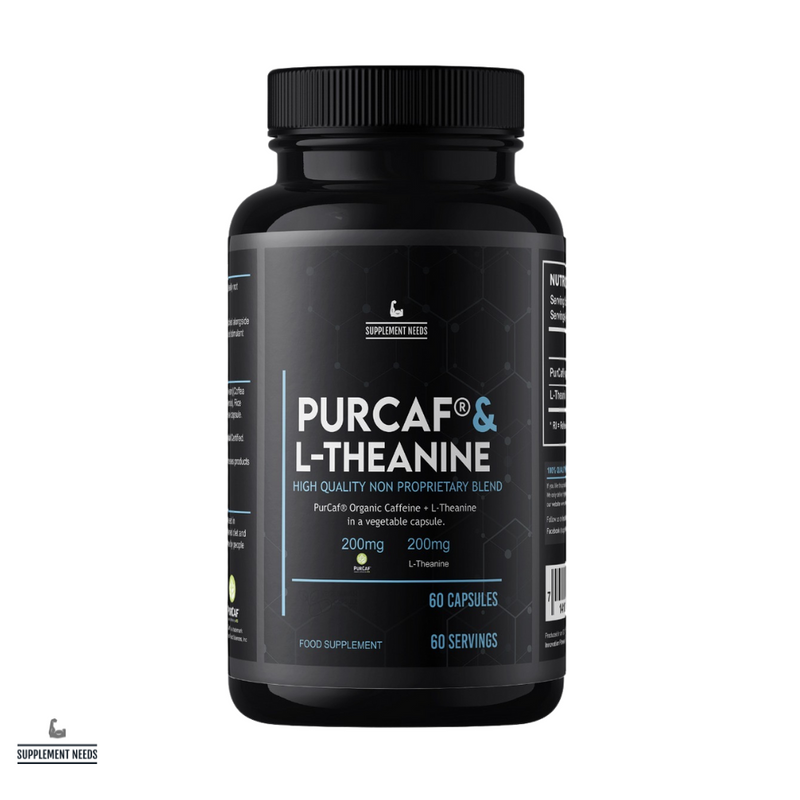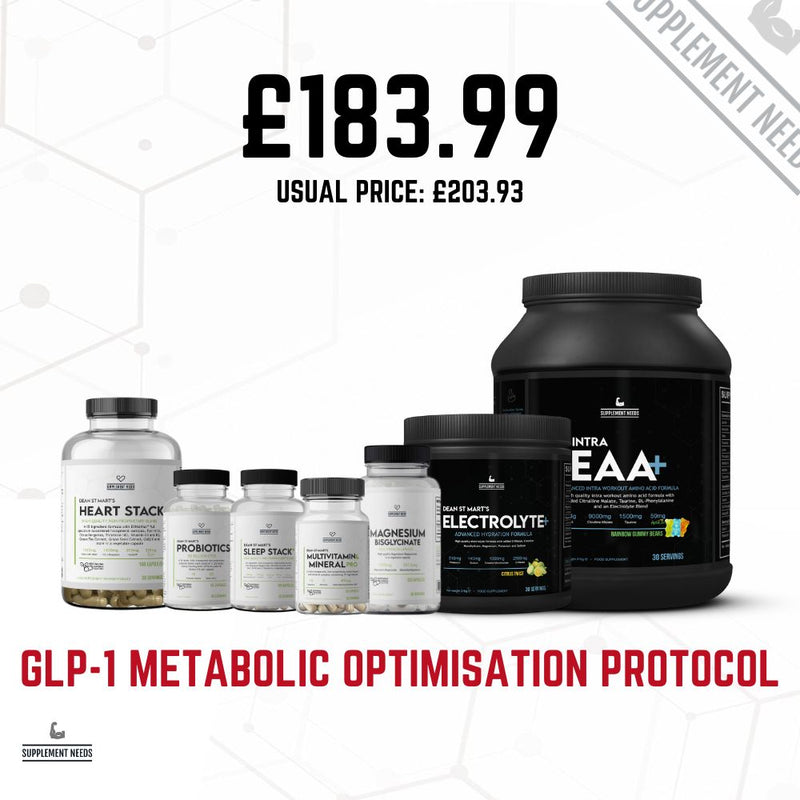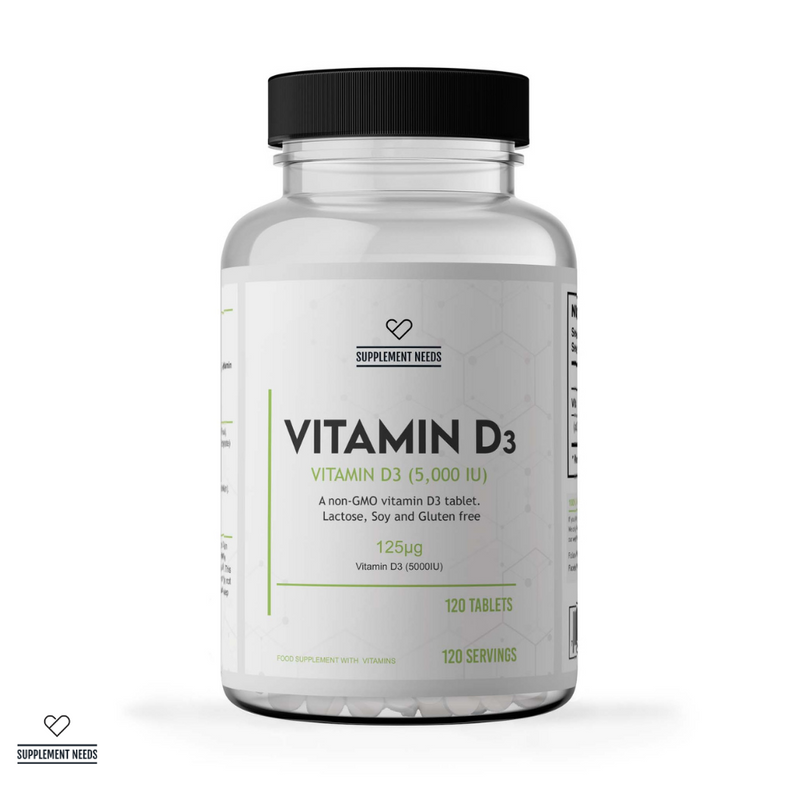Vitamin D - the two most important forms of which are Vitamin D3 (Cholecalciferol) and Vitamin D2 (Ergocalciferol) - is an important vitamin that is absorbed by your body and converted by your liver and kidneys into Calcitriol - the biologically active form of Vitamin D.
Once absorbed, Vitamin D (as Calcitriol) will ensure optimal absorption of key minerals for bone health within the gut.
The body is actually able to synthesise Vitamin D. It does this when a cholesterol in the skin (7-dehydrocholesterol) is exposed to sunlight. Absorbing UV B radiation, the 7-dehydrocholesterol converts it into previtamin D3 which is then isomerised into Vitamin D3.
Although - and, you’ve probably spotted the key point here - this endogenous synthesis requires something we often lack here in the UK; sunlight.
It’s for this reason that bodies such as the National Health Service (NHS) recommend that everyone should take a daily Vitamin D supplement during the autumn and winter months.
Here at Supplement Needs we’ve developed premium Vitamin D supplements that are designed to help your body obtain an efficacious dose of Vitamin D and thus support bodily wellbeing.
What is the best type of Vitamin D supplement?
The word ‘best’ is highly subjective when it comes to supplements, however, it pays to be aware of the different types of Vitamin D and how your body processes them. As you’ll soon see, certain types of Vitamin D are more easily ‘processed’ by the body.
To understand what sort of Vitamin D you should be looking for in a supplement, let’s look at how the body synthesises this all-important vitamin.
When the body obtains Vitamin D (be it from foods, sunlight or a supplement) it must convert it. It does this via two hydroxylations (hydroxylations are chemical reactions where carbon-hydrogen bonds oxidise into carbon-hydroxyl bonds).
The first of these hydroxylations occurs in the liver, where the Vitamin D is converted to 25-hydroxyvitamin D. This is also known as Calcidiol.
The second hydroxylation occurs (mostly) in the kidneys and sees the 25-hydroxyvitamin D converted into 1,25-dihydroxyvitamin D. This is known as Calcitriol - and, most importantly - is the biologically active form of Vitamin D.
The key point here is that Vitamin D3 is more easily converted to calcitriol than Vitamin D2 (Trang, Cole, Rubin et al. 1998). Therefore, if you’re looking to supplement your diet with the most efficacious form of Vitamin D, choose a supplement that’s formulated around Vitamin D3.
Think of it this way, by buying a cheaper Vitamin D supplement that’s formulated around Vitamin D2, you’ll be making your body undertake a lengthier conversion process in order to fully absorb the Vitamin D.
How much Vitamin D do you need?
The UK Government recommends that healthy adults between the ages of 19 and 64 require 10 μg/day of Vitamin D.
The need for supplementation is particularly pronounced during the autumn and winter months when endogenous synthesis of Vitamin D via sunlight will be at its lowest.
Can you get vegan Vitamin D?
Yes. With an increasing number of people choosing to become vegan, demand has arisen for vegan-friendly Vitamin D supplements.
Traditionally, Vitamin D3 (Cholecalciferol) has been produced using 7-dehydrocholesterol derived from lanolin. Lanolin is a fat sourced from sheep that have been raised specifically for wool (hence lanolin also being known as ‘wool fat’). As such, many Vitamin D supplements simply aren’t suitable for vegans.
However, a number of forward-thinking brands (including Supplement Needs, naturally!) have taken it upon themselves to develop vegan-friendly supplements. For example, Supplement Needs Vegan Multivitamin and Mineral Pro contains Vitamin D derived from Vita-algae D, an algal source of Vitamin D.
What to look for in a Vitamin D supplement
As we often say here at Supplement Needs, not all supplements are created equal! And, that’s especially true when it comes to Vitamin D supplements.
Firstly, not all Vitamin D supplements are formulated using the physiologically active form of Vitamin D.
Here at Supplement Needs, our Vitamin D products are formulated using Vitamin D3 (Cholecalciferol), the form of Vitamin D that will be most effectively absorbed by your body.
Secondly, you should always check the International Unit (IU) number of a Vitamin D supplement. IU is a unit of measurement that, instead of measuring the volume or mass of a supplement, actually measures its potency.
To put it another way, IU measures the amount of a substance that has a certain biological effect.
Shop around for Vitamin D supplements, and you’ll see that many - even those that are purportedly ‘high-strength’ have an IU of 4,000 at most.
If you want the very best Vitamin D supplement, then choose one like Supplement Needs Vitamin D3 which has an IU of 5,000.
To put this into context, whilst IU and mg/mcg measure different things (IU measures biological effectiveness, whilst mg and mcg measures mass), it is possible to understand what the mass of a supplement means in terms of International Units. For example, with Supplement Needs’ Vitamin D3, 125mg (e.g. 1 tablet) has an IU equivalent of 5,000 IU. Break that down into micrograms (mcg) and 0.025mcg = 1 IU.
Finally, choose a Vitamin D supplement that has been developed by true experts. After all, Vitamin D - in too high a dose - can potentially be harmful. So, you want to ensure you are choosing a supplement that has been formulated by someone who knows what they’re doing.
Supplement Needs’ Vitamin D supplements have been developed by Dr. Dean St. Mart PhD. Dr Dean holds a double first class honours degree in chemistry and pharmaceutical chemistry and a PhD in synthetic organic chemistry and fluorescence spectroscopy. When it comes to supplements, choose products that have been developed by the best!
Explore the best Vitamin D supplements at Supplement Needs
If you understand the importance of investing in truly-quality Vitamin D supplements, then you’re in the right place.
Dr. Dean St Mart PhD and the Supplement Needs team have set out to create ‘class-leading’ Vitamin D supplements. Shop them now and enjoy free shipping on orders over £20. Order before 3pm (Monday to Friday) and benefit from same day despatch.
